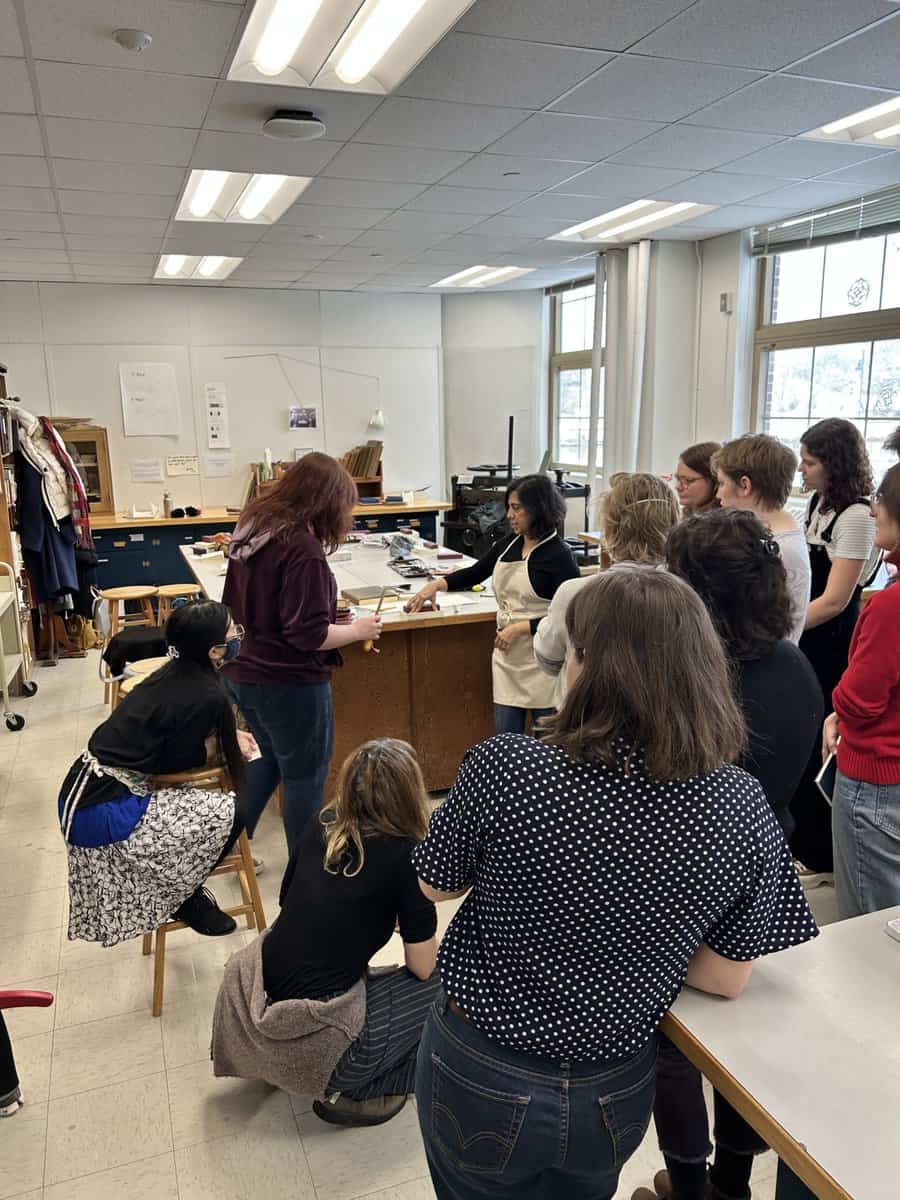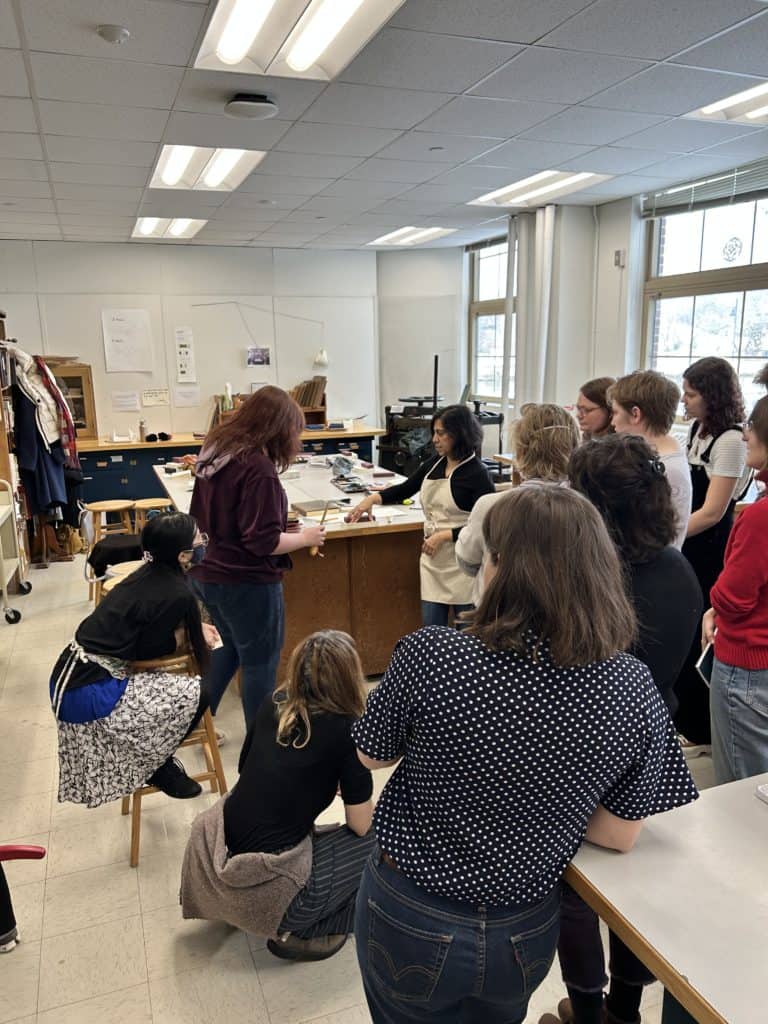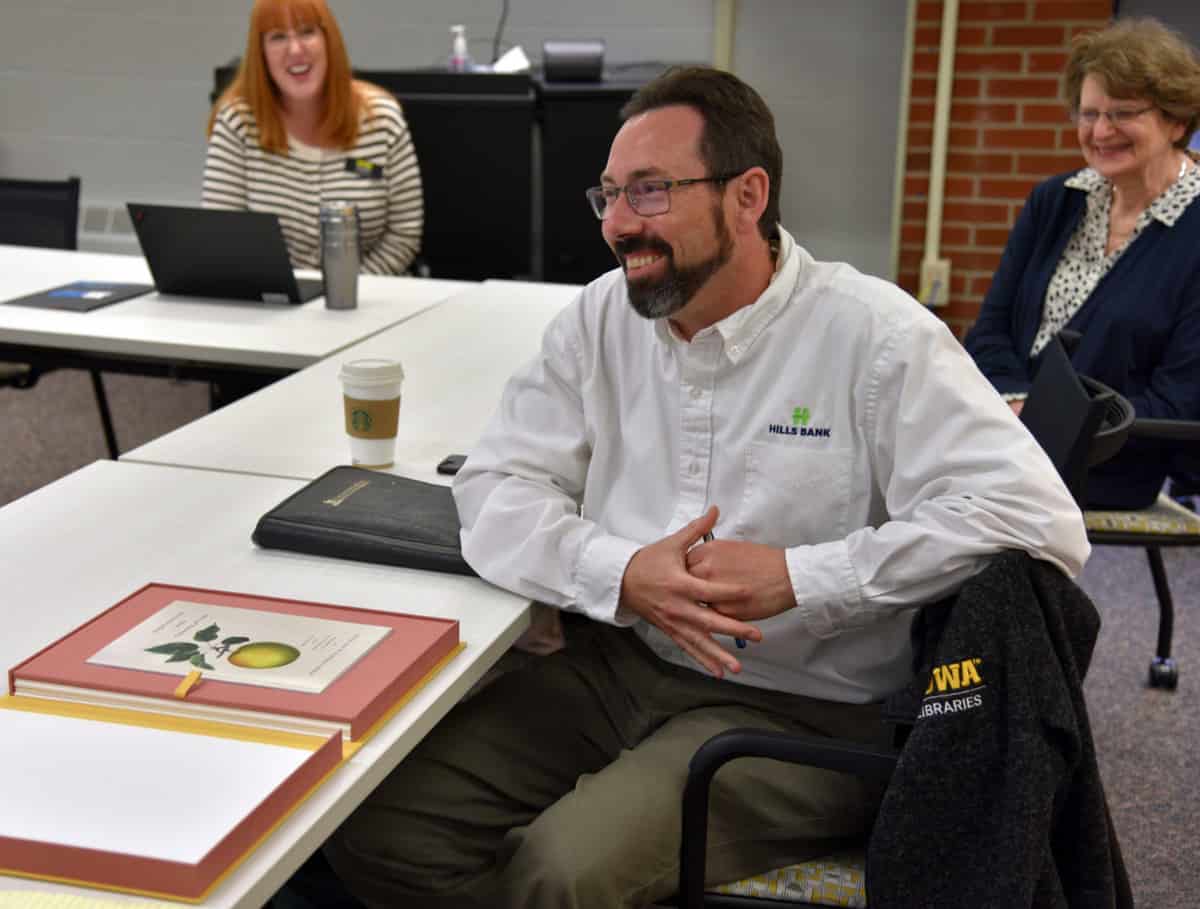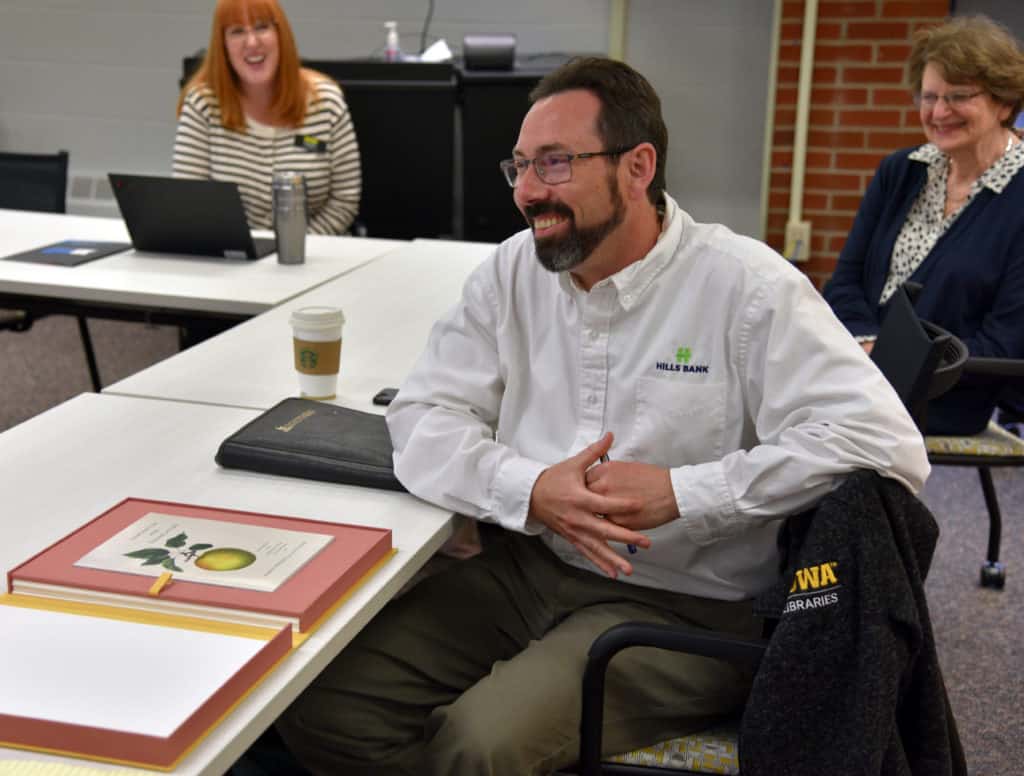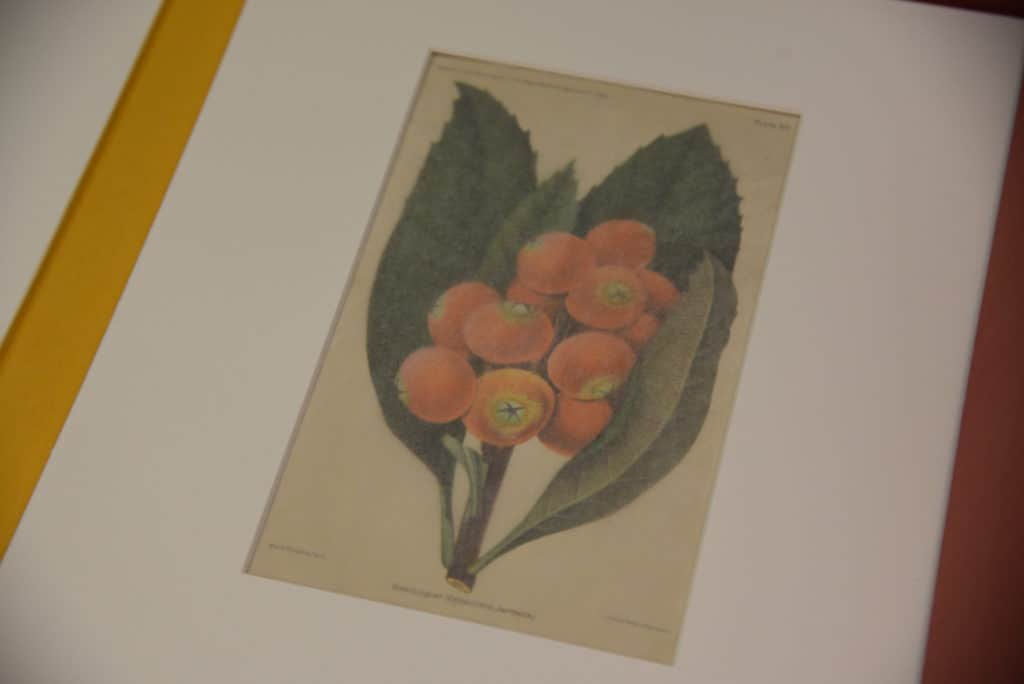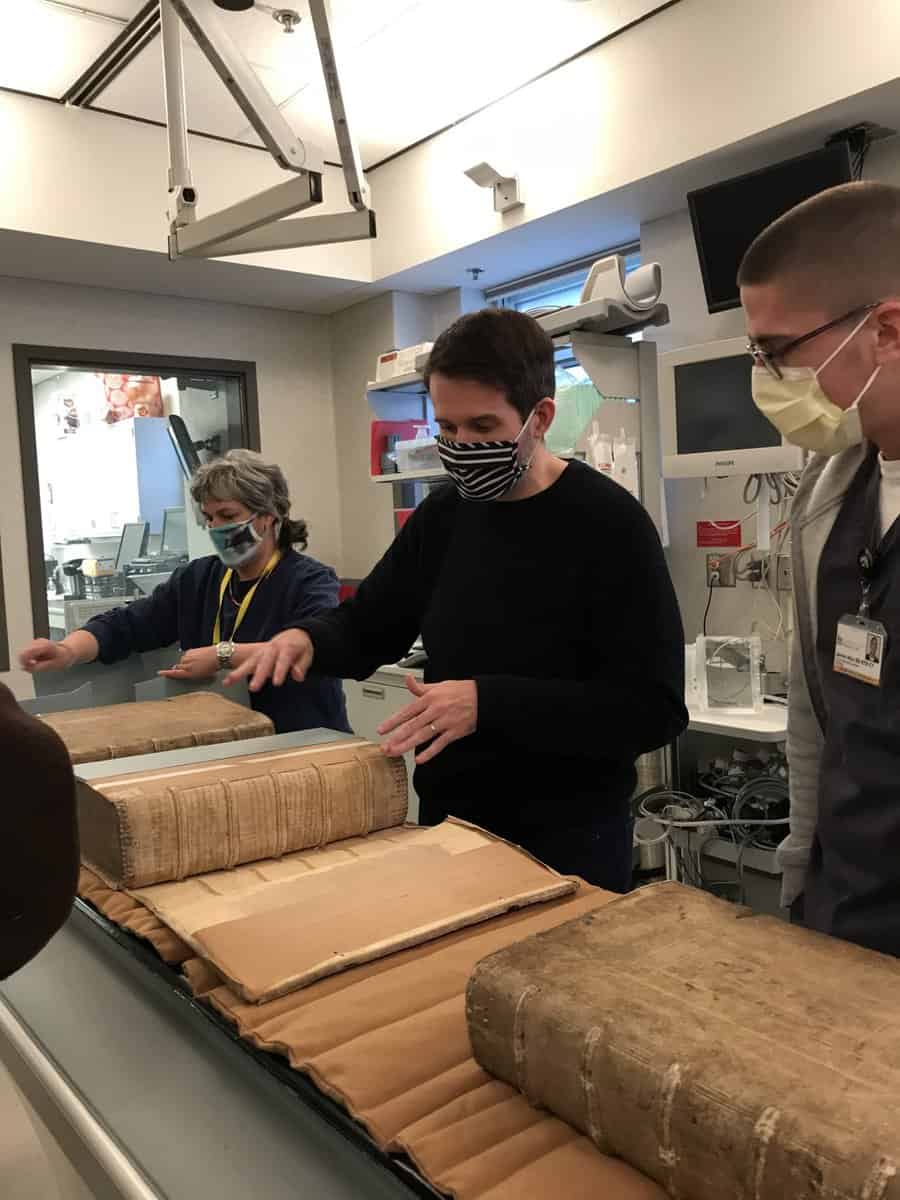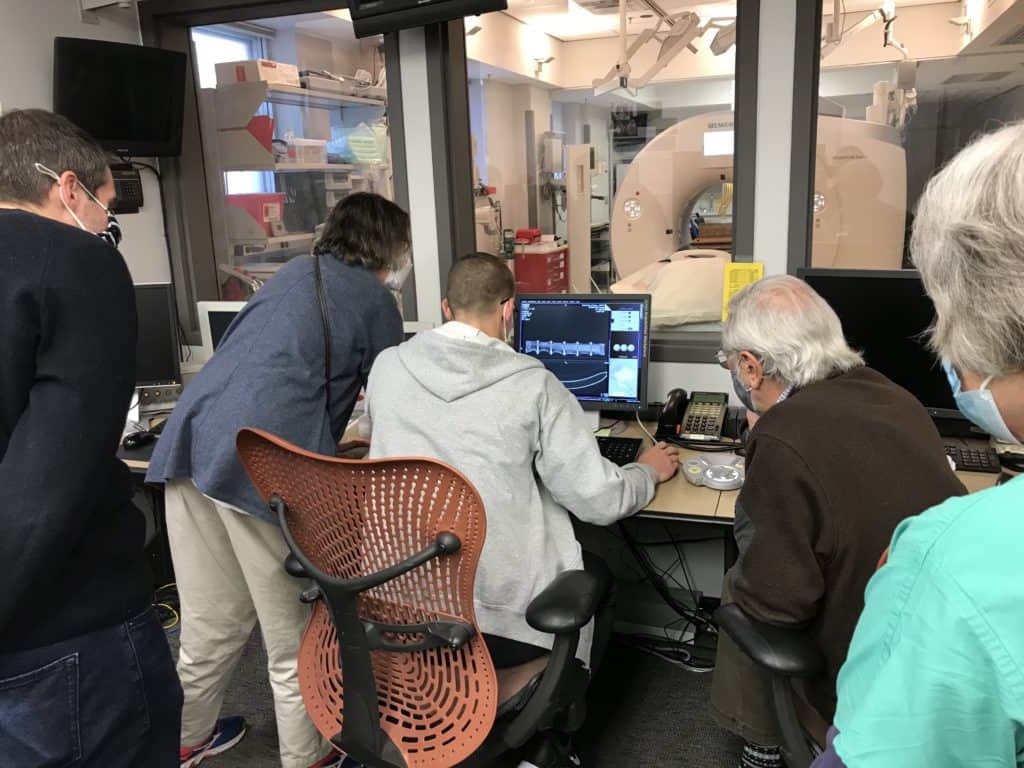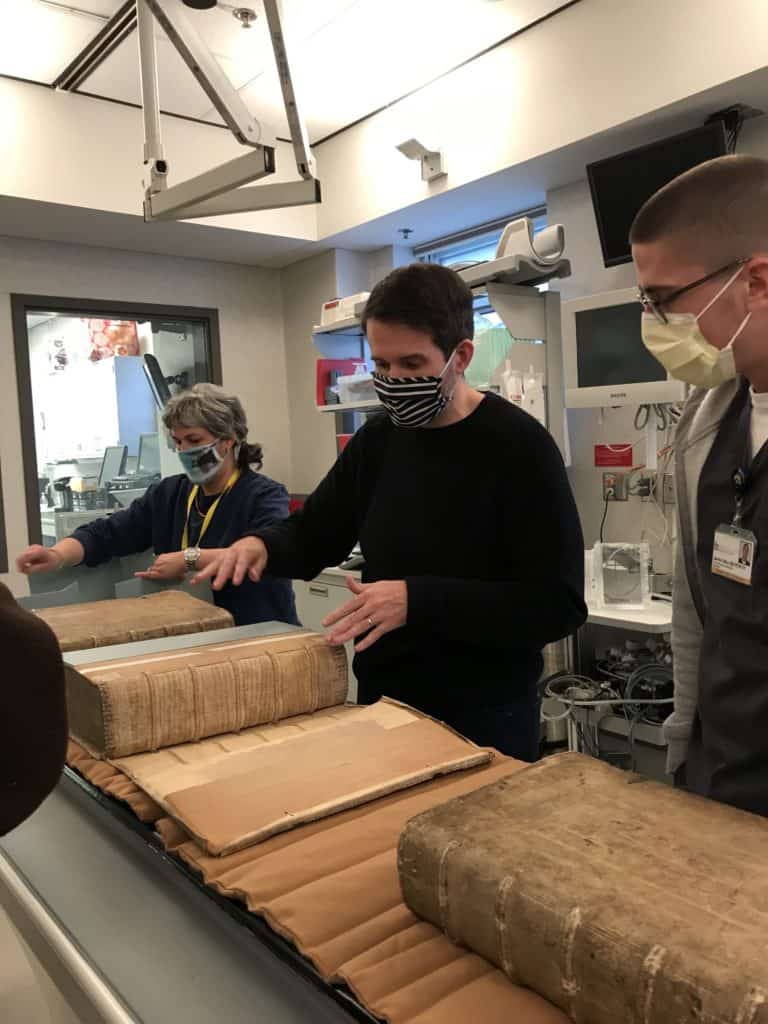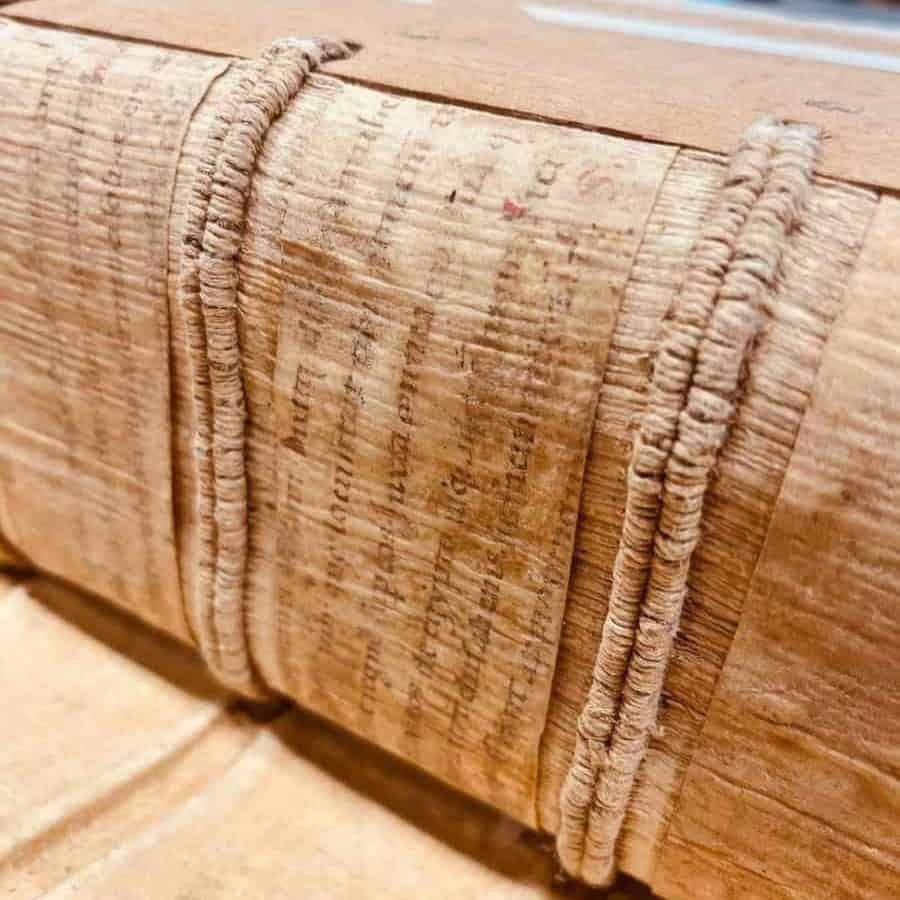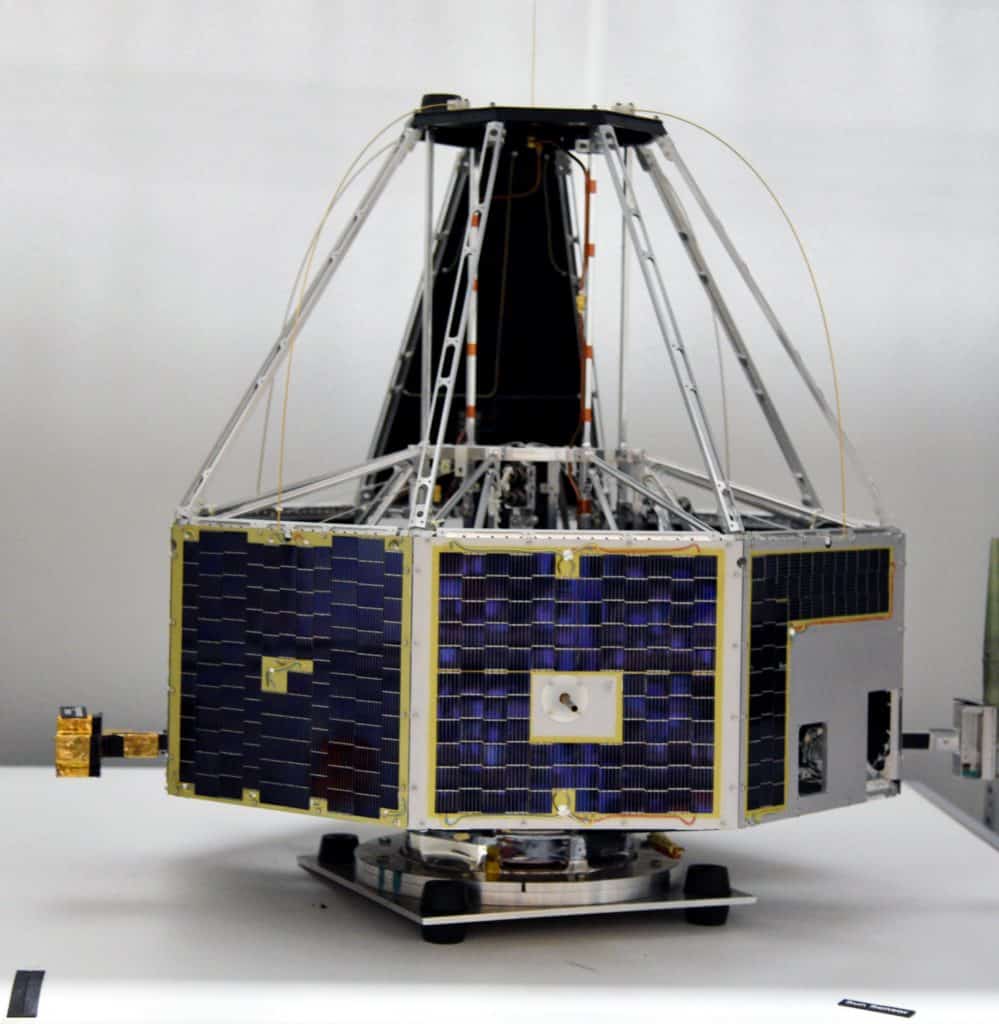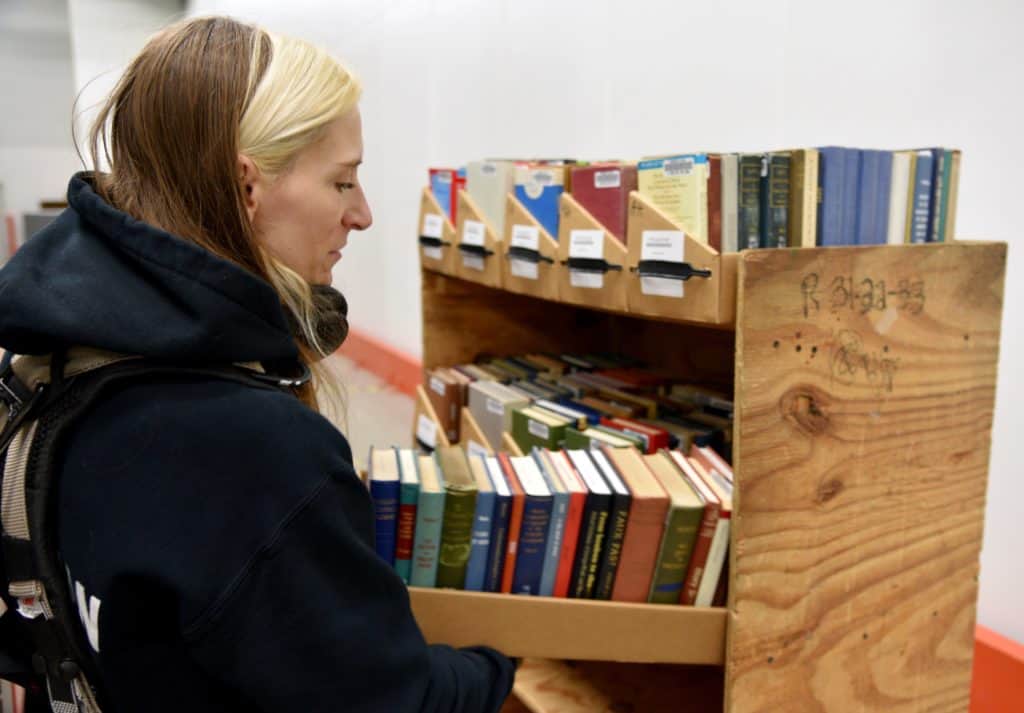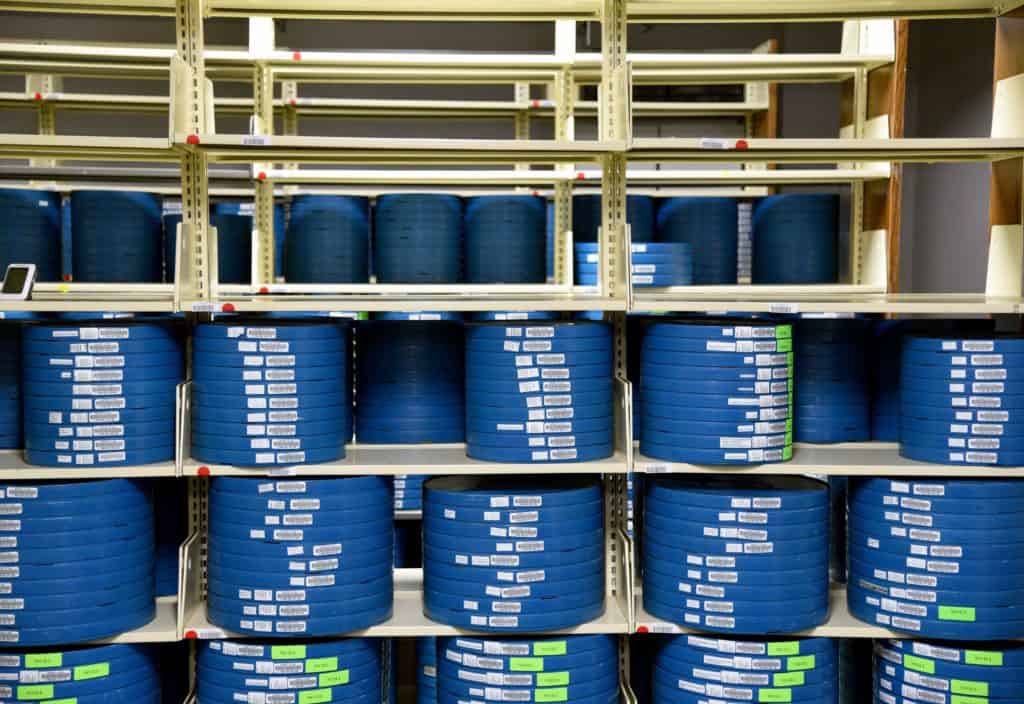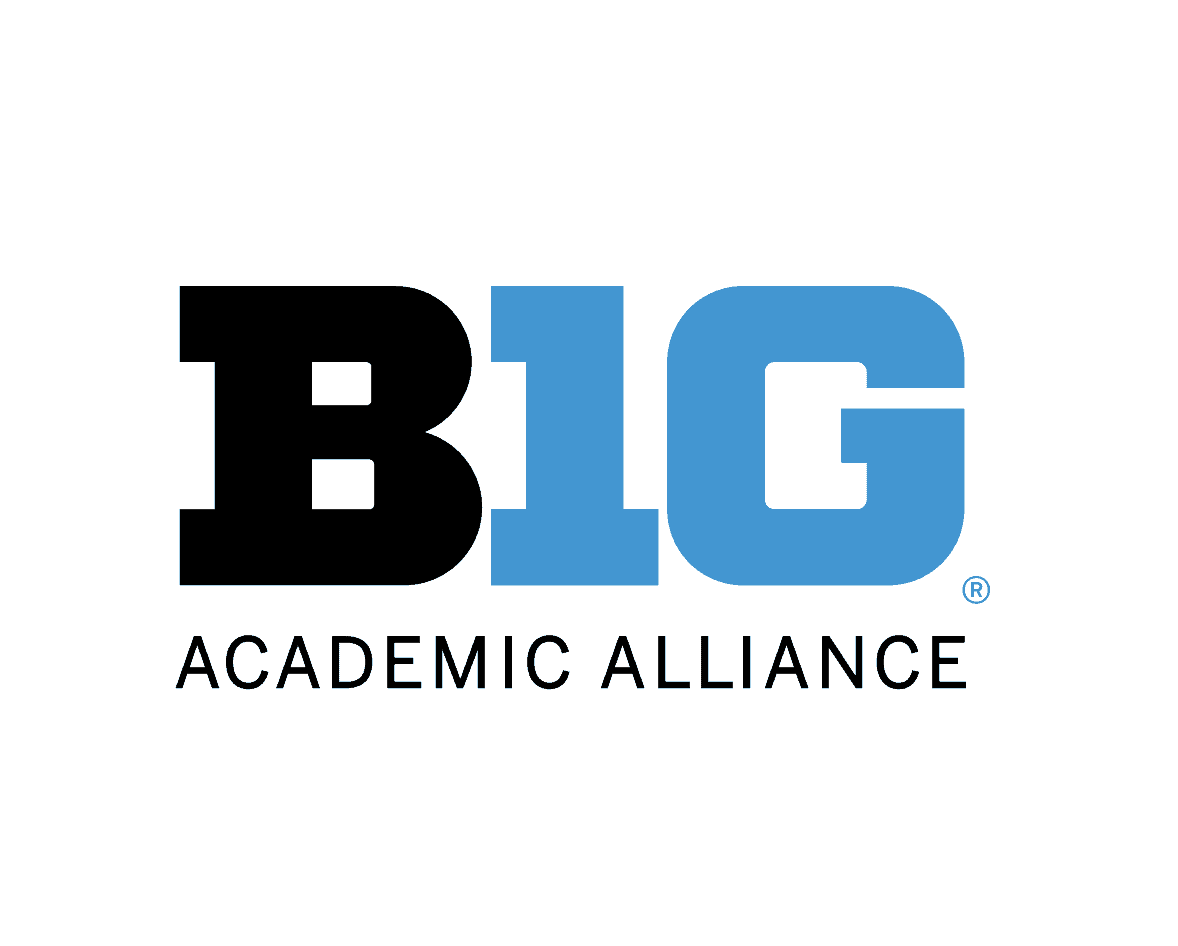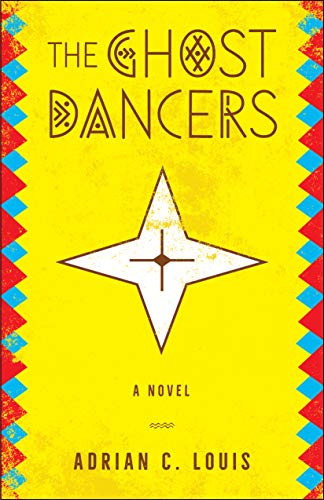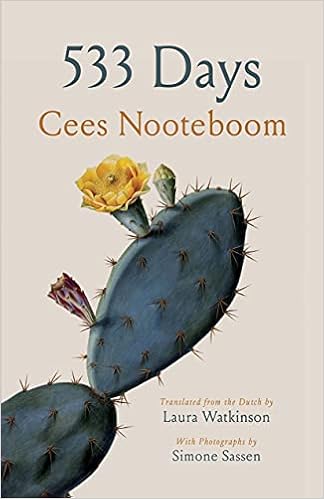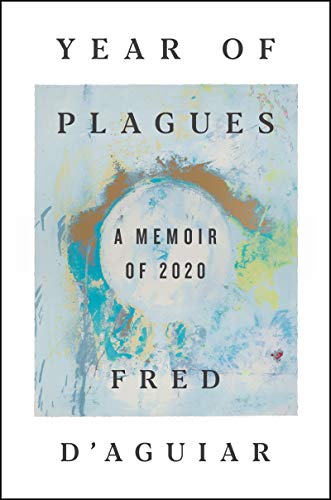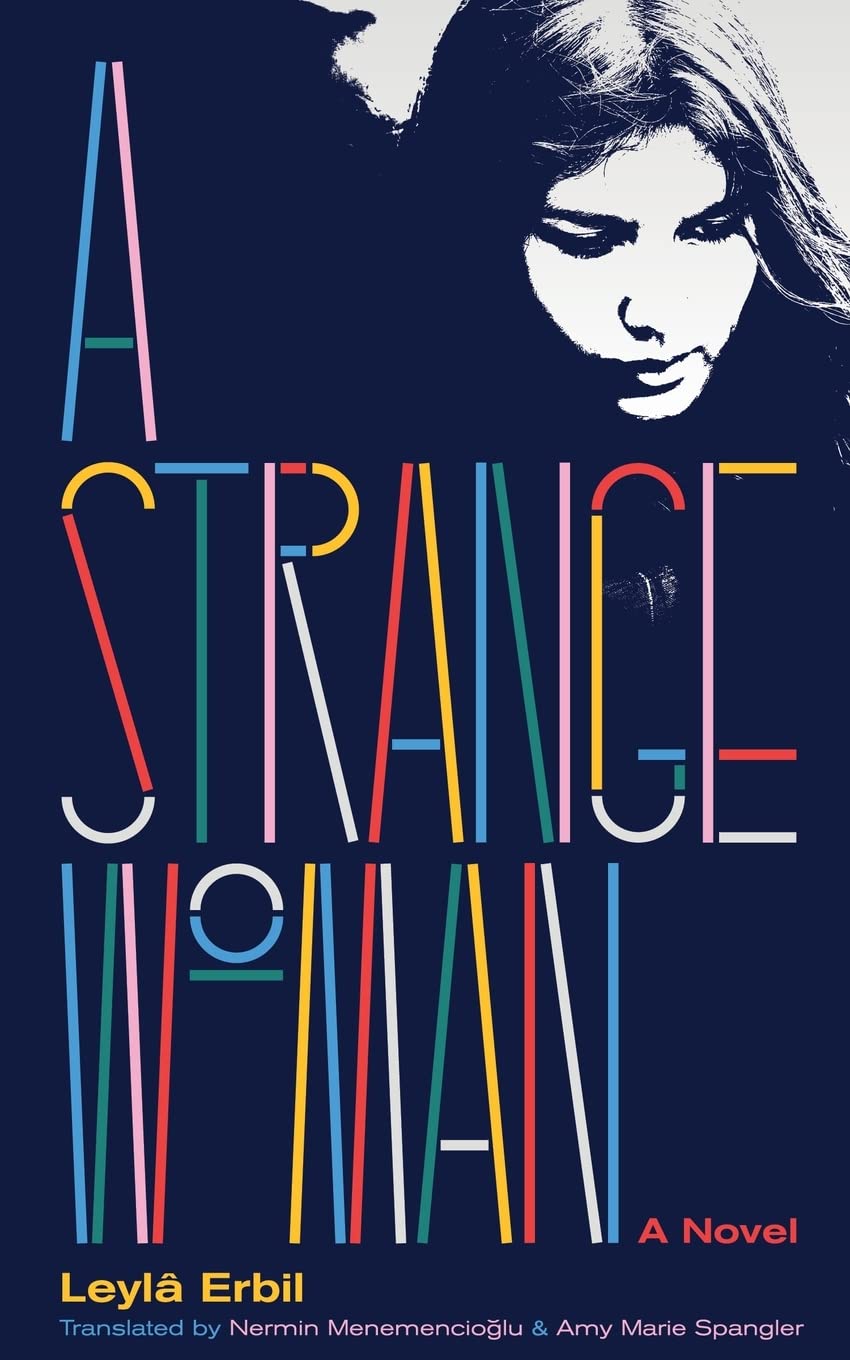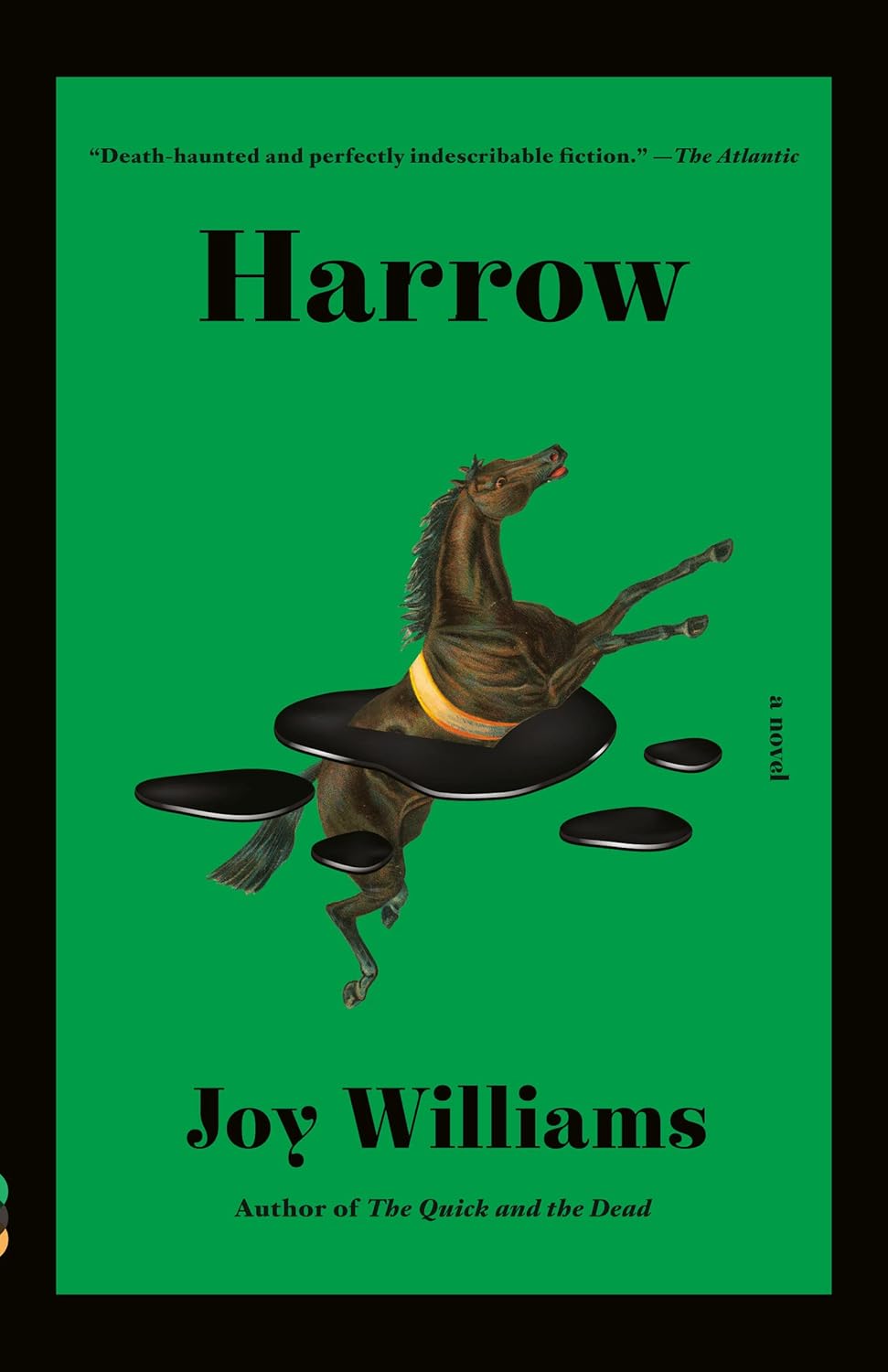Welcome to the University of Iowa Libraries’ virtual New Book Shelf. Here we will present new titles for you to browse and check out. Titles listed here will be monographs published in the current year. If you see a title you would like to borrow, please click the link below the book’s summary and sign in with your Hawk ID and Password to request a loan.
Named a Most Anticipated Book by Vogue and Vulture.
“Alternately whimsical, sweet, and dark,” this astonishing debut novel about a lonely girl waiting for her mother “brim[s] with uncompromisingly African magical realism” (New York Times).
Ayosa is a wandering spirit—joyous, exuberant, filled to the brim with longing. Her only companions in her grandmother’s crumbling house are as lonely as Ayosa herself: the ghostly Fatumas, whose eyes are the size of bay windows, who teach her to dance and wail at the death news; the Jolly-Annas, cruel birds who cover their solitude with spiteful laughter; the milkman, who never greets Ayosa and whose milk tastes of mud; and Sindano, the kind owner of a café no one ever visits. Unexpectedly, miraculously, one day Ayosa finds a friend. Yet she is always fixed on her beautiful mama, Nabumbo Promise: a mysterious and aloof photographer, she comes and goes as she pleases, with no apology or warning.
Set at the intersection of the spirit world and the human one, Things They Lost sets out a rich and magical vision of “girlhood as a time of complexity, laced with unparalleled creativity and expansion” (Vogue). Heartbreaking, elegant, and written in “giddily exuberant prose” (Financial Times), it’s a story about connection, coming-of-age, and the dizzying dualities of love at its most intoxicating and all-encompassing.
From a writer celebrated for her “chops, ambition, and killer instinct” (John Powers, Fresh Air), a career-spanning collection of spectacular essays about politics and culture.
Rachel Kushner has established herself as “the most vital and interesting American novelist working today” (The Millions) and as a master of the essay form. In The Hard Crowd, she gathers a selection of her writing from over the course of the last twenty years that addresses the most pressing political, artistic, and cultural issues of our times—and illuminates the themes and real-life experiences that inform her fiction.
In 20 razor-sharp essays, The Hard Crowd spans literary journalism, memoir, cultural criticism, and writing about art and literature, including pieces on Jeff Koons, Denis Johnson, and Marguerite Duras. Kushner takes us on a journey through a Palestinian refugee camp, an illegal motorcycle race down the Baja Peninsula, 1970s wildcat strikes in Fiat factories, her love of classic cars, and her young life in the music scene of her hometown, San Francisco. The closing, eponymous essay is her manifesto on nostalgia, doom, and writing.
These pieces, new and old, are electric, vivid, and wry, and they provide an opportunity to witness the evolution and range of one of our most dazzling and fearless writers. “Kushner writes with startling detail, imagination, and gallows humor,” said Leah Greenblatt in Entertainment Weekly, and, from Paula McLain in the Wall Street Journal: “The authority and precision of Kushner’s writing is impressive, but it’s the gorgeous ferocity that will stick with me.”
The Five Wounds is a miraculous debut novel from a writer whose stories have been hailed as “legitimate masterpieces” (New York Times).
It’s Holy Week in the small town of Las Penas, New Mexico, and thirty-three-year-old unemployed Amadeo Padilla has been given the part of Jesus in the Good Friday procession. He is preparing feverishly for this role when his fifteen-year-old daughter Angel shows up pregnant on his doorstep and disrupts his plans for personal redemption. With weeks to go until her due date, tough, ebullient Angel has fled her mother’s house, setting her life on a startling new path.
Vivid, tender, funny, and beautifully rendered, The Five Wounds spans the baby’s first year as five generations of the Padilla family converge: Amadeo’s mother, Yolanda, reeling from a recent discovery; Angel’s mother, Marissa, whom Angel isn’t speaking to; and disapproving Tíve, Yolanda’s uncle and keeper of the family’s history. Each brings expectations that Amadeo, who often solves his problems with a beer in his hand, doesn’t think he can live up to.
Kirstin Valdez Quade conjures characters that will linger long after the final page, bringing to life their struggles to parent children they may not be equipped to save.
Radically personal and quintessentially American, an intimate drama at the heart of an apocalyptic vision.
On a small farm beside a lake in Minnesota’s north woods an old man is waiting for the Rapture, which God has told him will happen in two weeks, on August 19, 1974. When word gets out, Last Days Ranch becomes ground zero for The End, drawing zealots, curiosity seekers, and reporters—among them the prophet’s son, a skeptical New York writer suddenly caught between his overbearing father and the news story of a lifetime. Into the mix comes Melanie Magnus, a glamorous actress who has old allegiances to both father and son. Meanwhile, Nixon’s resignation has transfixed the nation.
Writing with clear compassion and gentle wit, Lin Enger draws us into these disparate yet inextricably linked lives, each enacting a part in a drama forever being replayed and together moving toward a conclusion that will take all of them—and us—by surprise. Set during a time that resonates with our own tension-filled moment, American Gospel cuts close to the battles occurring within ourselves and for the soul of the nation, and in doing so radiates light on a dark strain in America’s psyche, when the false security of dogma competes with the risky tumult of freedom.
An extraordinary literary debut about a Nigerian boy’s secret intersex identity and his desire to live as a girl.
Oto leaves for boarding school with one plan: excel and escape his cruel home. Falling in love with his roommate was certainly not on the agenda, but fear and shame force him to hide his love and true self.
Back home, weighed down by the expectations of their wealthy and powerful family, the love of Oto’s twin sister wavers and, as their world begins to crumble around them, Oto must make drastic choices that will alter the family’s lives for ever.
Richly imagined with art, proverbs and folk tales, this moving and modern novel follows Oto through life at home and at boarding school in Nigeria, through the heartbreak of living as a boy despite their profound belief they are a girl, and through a hunger for freedom that only a new life in the United States can offer.
An Ordinary Wonder is a powerful coming-of-age story that explores complex desires as well as challenges of family, identity, gender, and culture, and what it means to feel whole.
A darkly funny, soul-rending novel of love in an epoch of collapse—one woman’s furious revisiting of family, marriage, work, sex, and motherhood.
Since my baby was born, I have been able to laugh and see the funny side of things. a) As much as I ever did. b) Not quite as much now. c) Not so much now. d) Not at all. Leaving behind her husband and their baby daughter, a writer gets on a flight for a speaking engagement in Reno, not carrying much besides a breast pump and a spiraling case of postpartum depression. Her temporary escape from domestic duties and an opportunity to reconnect with old friends mutates into an extended romp away from the confines of marriage and motherhood, and a seemingly bottomless descent into the past. Deep in the Mojave Desert where she grew up, she meets her ghosts at every turn: the first love whose self-destruction still haunts her; her father, a member of the most famous cult in American history; her mother, whose native spark gutters with every passing year. She can’t go back in time to make any of it right, but what exactly is her way forward? Alone in the wilderness, at last she begins to make herself at home in the world.
Bold, tender, and often hilarious, I Love You but I’ve Chosen Darkness reaffirms Watkins as one of the signal writers of our time.
The cryptic worlds of Hanna and Stranger Things mingle with the dark humor of Dare Me in this debut novel about a teen beauty queen who discovers she’s been a sleeper agent in a deep-state government program.
After waking up with a strange taste in her mouth and mysterious bruises, former child pageant star Jessica Clink unwittingly begins an investigation into a nefarious deep state underworld. Equipped with the eccentric education of her father, Dr. Clink (a professor of Boredom Studies and the founder of an elite study group known as the Devil’s Workshop), Jessica uncovers a disquieting connection between her former life as a beauty queen and an offshoot of Project MKUltra known as MONARCH.
As Jessica moves closer to the truth, she begins to suspect the involvement of everyone around her, including her own mother, Grethe (a Norwegian pageant queen turned occult American wellness guru for suburban housewives). With the help of Christine (her black-lipsticked riot grrrl babysitter and confidante), Jessica sets out to take down Project MONARCH. More importantly, she must discover if her first love, fellow teen queen Veronica Marshall, was genuine or yet another deep state plant.
Merging iconic true crime stories of the ’90s (Lorena Bobbitt, Nicole Brown Simpson, and JonBenét Ramsey) with theories of human consciousness, folklore, and a perennial cultural fixation with dead girls, MONARCH questions the shadow sides of self-concept: Who are you if you don’t know yourself?
A superbly crafted study of Hunter S. Thompson’s literary formation, achievement, and continuing relevance.
Savage Journey is a “supremely crafted” study of Hunter S. Thompson’s literary formation and achievement. Focusing on Thompson’s influences, development, and unique model of authorship, Savage Journey argues that his literary formation was largely a San Francisco story. During the 1960s, Thompson rode with the Hell’s Angels, explored the San Francisco counterculture, and met talented editors who shared his dissatisfaction with mainstream journalism. Peter Richardson traces Thompson’s transition during this time from New Journalist to cofounder of Gonzo journalism. He also endorses Thompson’s later claim that he was one of the best writers using the English language as both a musical instrument and a political weapon. Although Thompson’s political commentary was often hyperbolic, Richardson shows that much of it was also prophetic.
Fifty years after the publication of Fear and Loathing in Las Vegas, and more than a decade after his death, Thompson’s celebrity continues to obscure his literary achievement. This book refocuses our understanding of that achievement by mapping Thompson’s influences, probing the development of his signature style, and tracing the reception of his major works. It concludes that Thompson was not only a gifted journalist, satirist, and media critic, but also the most distinctive American voice in the second half of the twentieth century.
In The Pull of the Stars, Emma Donoghue once again finds the light in the darkness in this new classic of hope and survival against all odds.
In an Ireland doubly ravaged by war and disease, nurse Julia Power works at an understaffed hospital in the city center, where expectant mothers who have come down with the terrible new flu are quarantined together. Into Julia’s regimented world step two outsiders—Dr. Kathleen Lynn, a rumoured Rebel on the run from the police, and a young volunteer helper, Bridie Sweeney.
In the darkness and intensity of this tiny ward, over three days, these women change each other’s lives in unexpected ways. They lose patients to this baffling pandemic, but they also shepherd new life into a fearful world. With tireless tenderness and humanity, carers and mothers alike somehow do their impossible work.
A passionate, wry, and personal book about how the greatest works of literature illuminate our lives.
Why do we read literature? For Arnold Weinstein, the answer is clear: literature allows us to become someone else. Literature changes us by giving us intimate access to an astonishing variety of other lives, experiences, and places across the ages. Reflecting on a lifetime of reading, teaching, and writing, The Lives of Literature explores, with passion, humor, and whirring intellect, a professor’s life, the thrills and traps of teaching, and, most of all, the power of literature to lead us to a deeper understanding of ourselves and the worlds we inhabit.
As an identical twin, Weinstein experienced early the dislocation of being mistaken for another person—and of feeling that he might be someone other than he had thought. In vivid readings elucidating the classics of authors ranging from Sophocles to James Joyce and Toni Morrison, he explores what we learn by identifying with their protagonists, including those who, undone by wreckage and loss, discover that all their beliefs are illusions. Weinstein masterfully argues that literature’s knowing differs entirely from what one ends up knowing when studying mathematics or physics or even history: by entering these characters’ lives, readers acquire a unique form of knowledge—and come to understand its cost.
In The Lives of Literature, a master writer and teacher shares his love of the books that he has taught and been taught by, showing us that literature matters because we never stop discovering who we are.




